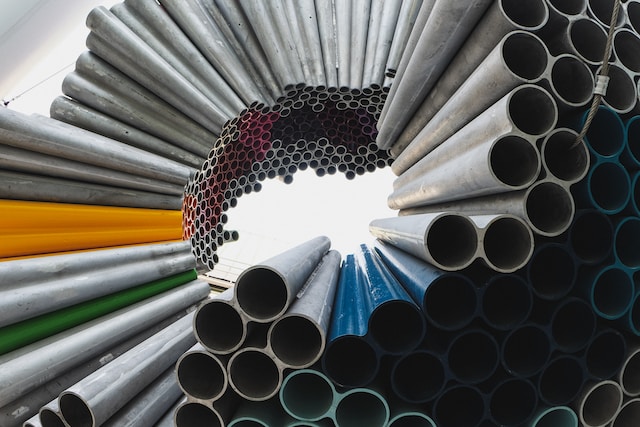
Sourcing steel from China can sometimes expose you to various fraudulent activities.
This post was first published in CJO GLOBAL, which is committed to providing consulting services in China-related cross-border trade risk management and debt collection. We will explain how debt collection works in China below.
When our clients consult us, they often share numerous instances of fraud they have encountered.
Here are some common fraudulent practices that have occurred in the past:
1. Counterfeit steel
Fraudsters in China may dishonestly represent the quality or origin of steel products, misleading buyers by labeling lower-grade or inferior materials as higher-grade or premium products. This deceptive practice can result in buyers paying more for lower-quality steel.
2. Non-delivery or partial delivery
In this scam, a seller accepts payment for steel but fails to deliver the agreed-upon quantity or, in some cases, does not deliver the steel at all. Occasionally, fraudsters may ship a partial order or substitute it with lower-quality steel.
3. False documentation
Fraudulent documentation is another prevalent form of fraud in the steel trade with Chinese sellers. This can involve forging bills of lading, certificates of origin, inspection reports, or other documents to misrepresent the quality, quantity, or origin of the steel.
4. Double financing
In certain instances, dishonest sellers secure financing from multiple lenders by using the same shipment of steel as collateral for each loan. This allows them to obtain funds from multiple sources without intending to fulfill their repayment obligations.
Consequently, if the shipment was intended for you, double financing prevents the seller from having sufficient shipment to fulfill the contract since the goods have already been mortgaged to other parties.
5. Price manipulation
Spot steel prices in China are highly volatile, which can necessitate paying extra to obtain the goods. Unscrupulous traders may engage in price manipulation schemes by artificially inflating or deflating the price of steel, deceiving buyers or gaining an unfair advantage in the market.
To mitigate the risks of fraud, it is crucial for buyers to conduct thorough due diligence in China, verify the credibility of trading partners, and use secure payment methods.
Engaging reputable inspection agencies, conducting comprehensive quality checks, and implementing secure supply chain practices can also help prevent fraudulent activities in the steel trade with Chinese companies.
* * *
Do you need support in cross-border trade and debt collection?
CJO Global's team can provide you with China-related cross-border trade risk management and debt collection services, including:
(1) Trade Dispute Resolution
(2) Debt Collection
(3) Judgments and Awards Collection
(4) Bankruptcy & Restructuring
(5) Company Verification and Due Diligence
(6) Trade Contract Drafting and Review
If you need our services, or if you wish to share your story, you can contact our Client Manager Susan Li (susan.li@yuanddu.com).
If you want to know more about CJO Global, please click here.
If you want to know more about CJO Global services, please click here.
If you wish to read more CJO Global posts, please click here.
Photo by Christophe Dion on Unsplash
Contributors: CJO Staff Contributors Team









